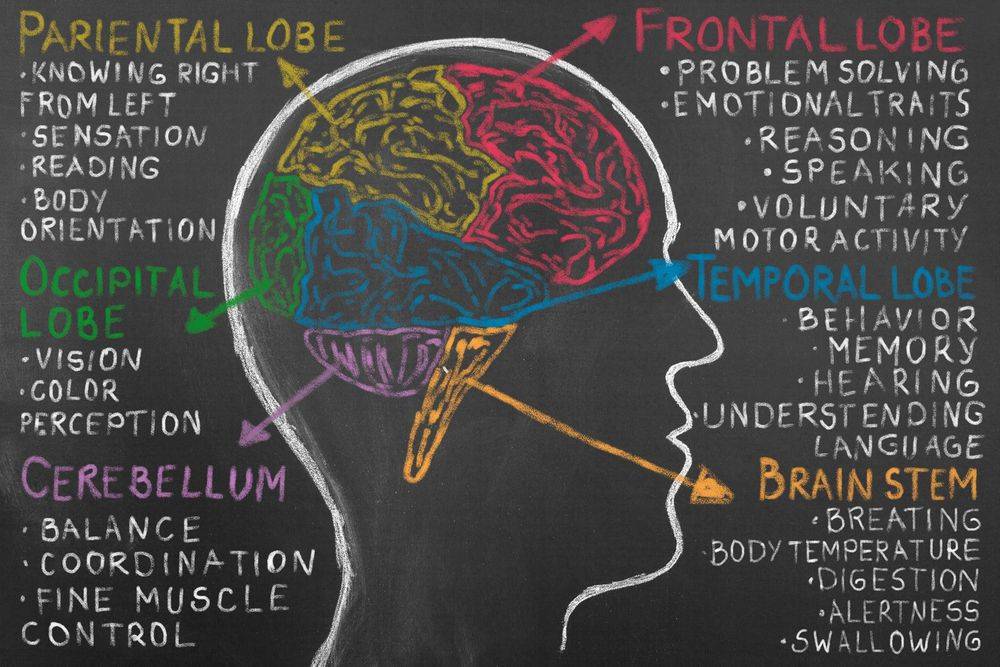Helping you understand, maintain, and mend your relationship with both others and yourself.
Tune Your Relationship Counselling is here to support you during relationship breakdowns, life transitions, retirement or career changes. As your therapist, I will help you understand more about the relationship with yourself, why you overthink everything, and how to deal with procrastination in making changes.
Are you your emotional boiling point?
Listen to Mariyon talking about STERBS (short term energy relieving behaviours) from Russell Friedman and John James and the boiling point.
Tune Your Relationship Counselling offers compassion and support through your experience of emotional upset, anxiety, confusion, difficulties with relationships or marriage breakdown, grief, step-parenting, loss, family of origin problems (siblings and parents) or the balance between life and work.
The primary relationship we have is with ourselves and this is what we bring to relationships with others. Understanding more about yourself is the key to having better relationships in general. Rebuilding our sense of self is important work that we may have not had time for in our busy lives.
I specialise in Couples Counselling and Individual Therapy - if you are single and looking to change, I can assist with particular strategies to understand what patterns may be playing out in your life, and how to change that.
Additionally, understanding ourselves may become more difficult as we transition into retirement. Our sense of who we are changes, and I can help you with that transition. Also in cases where we've experienced parents with mental health issues, it may mean we don't have permission to be ourselves. I will guide you through these challenges, as well as being there to assist people through the tumult and grief of divorce or relationship breakdown.
About Tune Your Relationship Counselling
Hi, I'm Mariyon Slany, Counsellor and Psychotherapist
Expert in All Things Relationship
In any relationship, be it romantic or platonic, it is inevitable and perfectly normal for problems to arise every now and then. You may be able to resolve most of them on your own, but if you feel overwhelmed or keep dealing with repetitive issues, it’s time to turn to the relationship expert at Tune Your Relationship. I offer a wide variety of counselling and psychotherapy services with the key point being that understanding the kind of relationships we have with others stems from the relationship we have with ourselves. Self understanding and self realisation are key tools to better relationships with others, as we not only get hurt in relationships but heal in relationships as well.
Based in West Perth, I serve clients over 18 all over Western Australia with both face to face and online appointments, and across Australia via Zoom or phone appointments. Read on to learn more about what I do, and feel free to call or email me with your questions.
What People Say About My Services
Let’s Talk
Do you want a change, but don't know where to begin? Or even where to start in the conversation? No question is too silly. I'm here to help you get started on knowing yourself and knowing yourself in relationships.
Call or Book using the form on this page today for a preliminary chat.
The 15-minute initial phone consultation is FREE of charge to clarify what you would like to achieve and answer your questions about the process. I will also assess if working with me is the most beneficial option for you.
I have various areas of specialisation, including helping people transition into 'who they are' as retirement looms, understanding and dealing with Borderline Personality Disorder impacts from family members, and the ongoing impacts of attachment in our earlier lives.
Happy to answer any question, big or small. When it comes to matching with someone who can help our personal growth it's is an important decision as we need to ensure we feel comfortable with that professional.
Contact Us
How Psychotherapy Works
There are times when, for some reason, people tread paths that prove harmful in the long run, such as using substances to not feel things, opting for a stable yet unfulfilling career or making poor romantic choices. Doing so may be the result of not knowing exactly what they want, and that is where psychotherapy comes in.
Psychotherapy is a way for you to disclose your thoughts to a therapist and discover your motivations and unconscious drivers in the process. Once you know what the driving forces behind your actions are, you can start to take charge of them and take your first few steps toward contentment and fulfilment.
Therapy sessions offer a safe space where you are free to speak whatever is on your mind.
How Can Therapy Help?
“In therapy, the therapist acts as a container for what we daren't let out, because it is so scary, or what lets itself out every so often, and lays waste to our lives.”
- Jeanette Winterson, Why Be Happy When You Could Be Normal?


















